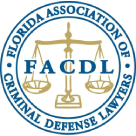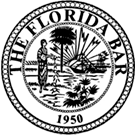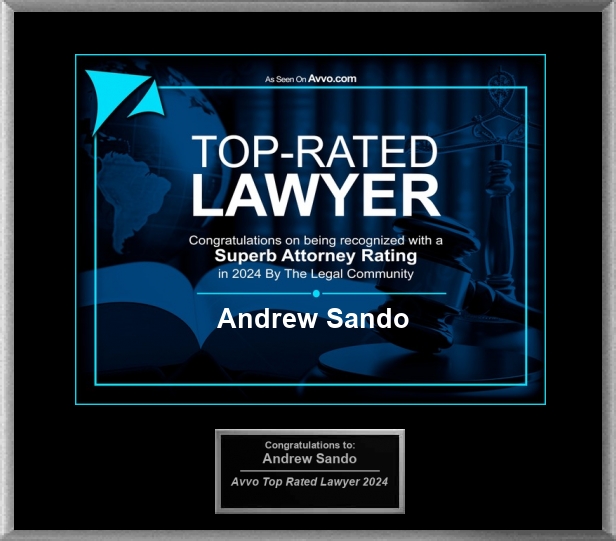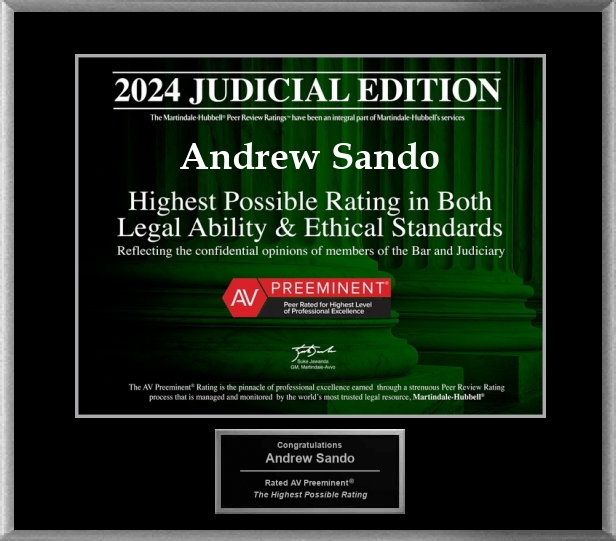As the Sunshine State’s agency that oversees and protects wildlife and their habitats, the Florida Fish and Wildlife Commission (FWC) is constitutionally authorized to “enact rules and regulations regarding the state’s fish and wildlife resources.” Moreover, they have law enforcement authorization to issue infractions and citations and to make arrests.
FWC administrative hearings are not criminal in nature. They govern licensing issues and are not subject to the rules of criminal procedure. Instead, they are governed under Chapter 120 of the Florida Civil Rules of Procedure.
Criminal citations or implications fall under the court system within the jurisdiction where the violation occurred.
What is an administrative hearing?
In a formal administrative hearing, you dispute the facts; therefore, the burden of evidence is on the state agency (in this case, the FWC) to prove the case against you. In most cases, the case will be forwarded to another agency called the Department of Administrative Hearings (DOAH), which will appoint a neutral and impartial Administrative Law Judge (ALJ).
Unlike a criminal trial with a jury, an administrative hearing is a civil proceeding in which evidence is provided, and witnesses may be called to testify before an independent and neutral judge. In some ways, an administrative hearing is similar to a civil trial, but it only involves a dispute under the authority of a governmental agency, the FWC. If your recreational license or permit is at stake (to be suspended or revoked), the FWC must prove its case with clear and convincing evidence. That burden is on them, not you.
The decision is rendered by the judge based on the evidence and any testimony given.
An administrative hearing is not an option if you have been cited for a criminal act.
What’s at stake during an FWC Administrative Hearing?
Should you not prevail in an FWC administrative hearing, you could be subject to a penalty that may include revocation, suspension, or denial of a permit granted by the FWC and/or a civil fine. Therefore, it is critical for you to have a deep understanding of the statutes and an adequately crafted defense for your situation. A skilled FWC defense attorney is a critical asset in crafting this defense.
What is the advantage of an FWC administrative hearing?
If you feel that you are innocent of the infraction or charge or think that the facts are incorrect, a formal administrative hearing allows you to contest those facts or prove your innocence. A formal administrative hearing is governed by Florida’s procedural rules. These rules are designed to ensure you receive a fair hearing and protect your rights.
How does an FWC administrative hearings procedure work?
If you have received a notice to suspend, a notice to revoke, or a notice to deny your recreational license or permit, the clock starts ticking: you have 20 days from the date of service to request an administrative hearing.
- Once the case has been submitted to DOAH, you will receive a copy of the transmittal letter, including the judge’s assignment and case number.
- 14 days before the hearing, DOAH will issue a Notice of Hearing that states the time and place of the hearing.
- Prior to the hearing, you or the attorney representing your interests requests and receives records, documents, and any evidence the FWC has.
- At the hearing, you or your FWC administrative hearing attorney will present your case, bring any witnesses, and submit your own evidence. The lawyer for the FWC will also submit their own evidence. You or your attorney have the opportunity to question or refute the testimony and evidence presented by the FWC.
- A record is made of the hearing.
- Each party can submit its own recommendation on how they think the ALJ should rule.
- The ALJ will issue his or her ruling, which is called a Recommended Order.
- If you (or the FWC) disagrees with the Order or feels it was in error, objections (exemptions) may be submitted that include specific paragraphs to which the exemptions are being made.
- You have the right to appeal a Final Order.
How a Florida Fish and Wildlife Commission administrative hearings lawyer can help you
An administrative hearing involves many of the other complexities found in any legal proceeding. Procedural and evidentiary rules are followed in formal administrative hearings, and a mistake can be damaging. Of course, the FWC will have its own legal representation…lawyers who have been through myriad trials and hearings.
As an experienced FWC defense attorney, Drew Sando offers a set of skills that are beneficial to anybody who wishes to maintain their fishing, hunting, or trapping privileges. As a former fish and wildlife special prosecutor, he has in-depth knowledge of FWC regulations and how their attorneys think, what they are likely to focus on, and how to counter to find loopholes in their arguments and evidence.
Perhaps the most important area in which your attorney can help is in “exceptions.” An exception is one that is misfiled or not filed in a timely manner. It is also critical to specifically identify any disputed portion of an Order by page number and paragraph. Additionally, while there may be no exceptions on your side, the other side may have some. An attorney who has deep familiarity with this knows how to respond and help turn the tables on the FWC’s exceptions.
Ultimately, if your license or permit is important enough for you to choose to fight to keep it, it’s in your best interest to have a skilled and knowledgeable advocate on your side.
The Sando Law difference: experience, diligence, and a commitment to your rights
Each year, Florida Fish and Wildlife Commission officers write infractions and citations for violations of their regulations. Failing to pursue your right to an administrative hearing can cause you to lose your hunting, fishing, or trapping privileges, even for minor offenses. At Sando Law, P.A., we will give you an honest evaluation of your case and help you determine the best course of action—even if it means that an administrative hearing is not right for your situation. To discuss your case and your needs, please contact us at 561-296-1665 to schedule a free case review.
















